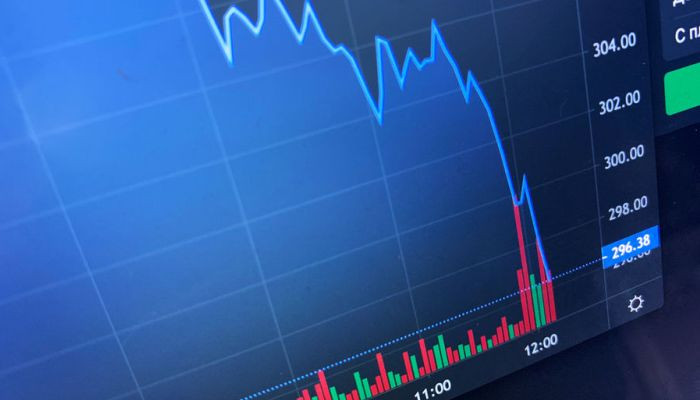World Economy Is Headed for a Recession in 2023, Researcher Says
 1547 Monday, 26 December, 2022, 19:30 The world faces a recession in 2023 higher borrowing costs aimed at tackling inflation cause a number of economies to contract, according to the Centre for Economics and Business Research. The global economy surpassed $100 trillion for the first time in 2022 but will stall in 2023 as policy makers continue their fight against soaring prices, the British consultancy said in its annual World Economic League Table. “It’s likely that the world economy will face recession next year as a result of the rises in interest rates in response to higher inflation,” said Kay Daniel Neufeld, director and head of Forecasting at CEBR. The report added that, “The battle against inflation is not won yet. We expect central bankers to stick to their guns in 2023 despite the economic costs. The cost of bringing inflation down to more comfortable levels is a poorer growth outlook for a number of years to come.” The findings are more pessimistic than the latest forecast from the International Monetary Fund. That institution warned in October that more than a third of the world economy will contract and there is a 25% chance of global GDP growing by less than 2% in 2023, which it defines as a global recession. Even so, by 2037, world gross domestic product will have doubled as developing economies catch up with the richer ones. The shifting balance of power will see the East Asia and Pacific region account for over a third of global output by 2037, while Europe’s share shrinks to less than a fifth. The CEBR takes its base data from the IMF’s World Economic Outlook and uses an internal model to forecast growth, inflation and exchange rates. China is now not set to overtake the US as the world’s largest economy until 2036 at the earliest — six years later than expected. That reflects China’s zero Covid policy and rising trade tensions with the west slow, which have slowed its expansion. CEBR had originally expected the switch in 2028, which it pushed back to 2030 in last year’s league table. It now thinks the cross-over point will not happen until 2036 and may come even later if Beijing tries to take control of Taiwan and faces retaliatory trade sanctions. “The consequences of economic warfare between China and the West would be several times more severe than what we have seen following Russia’s attack on Ukraine. There would almost certainly be quite a sharp world recession and a resurgence of inflation,” CEBR said. “But the damage to China would be many times greater and this could well torpedo any attempt to lead the world economy.” It also predicted that: India will become the third $10 trillion economy in 2035 and the world’s third largest by 2032 |

Trump ends some tariffs, imposes new 10% global one
75521.02.2026, 12:12
Washington, Tehran may discuss US access to Iran’s mineral resources
173717.02.2026, 11:20
Trump’s New World Order Is Pushing Sweden to Warm Up to the Euro
219716.02.2026, 20:24
Trump says Board of Peace members pledged over $5B for Gaza
223415.02.2026, 21:39
EU plans crypto ban for Russia, FT reports
307811.02.2026, 00:48
US Treasury Secretary says US sanctions crushed Iran’s economy and sparked protests (video)
396306.02.2026, 10:43
Elon Musk just became the first person ever worth $800 billion after SpaceX acquired xAI
394304.02.2026, 18:30
Xi Jinping calls for China’s renminbi to attain global reserve currency status
499601.02.2026, 23:05
